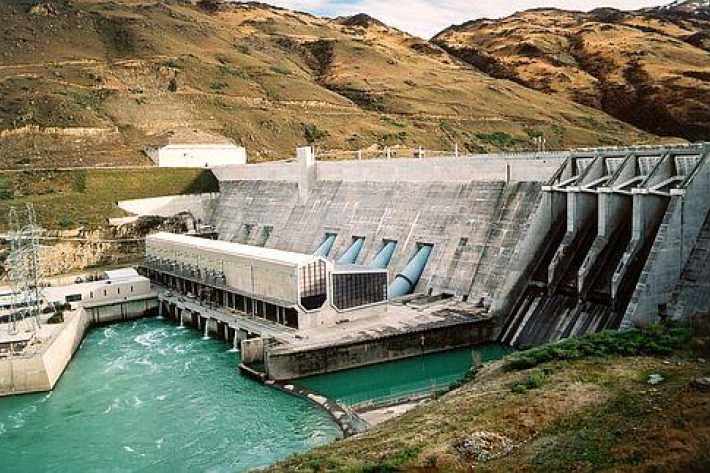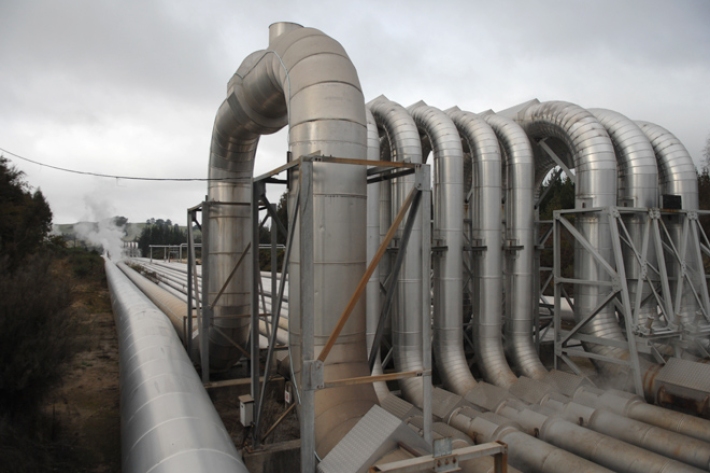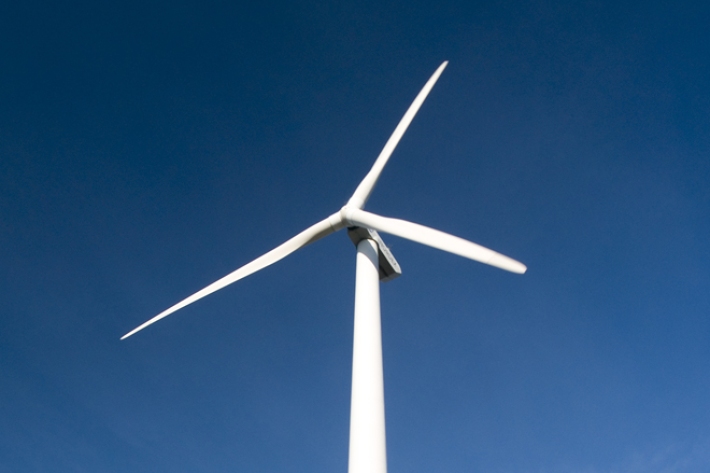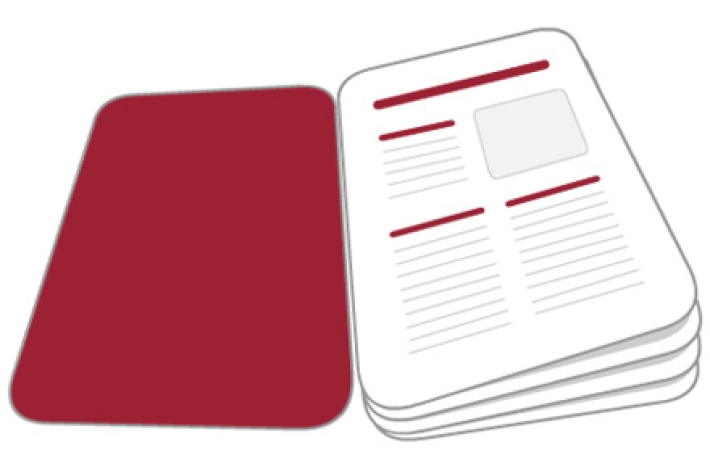The energy industry provides power to households, businesses, transport, and industry.
The main method of producing electricity in Aotearoa is by hydro-electric (renewable) energy generation. About two-thirds of all electricity generated in Aotearoa comes from renewable resources. Gas-fired generators are the next largest method of electricity generation, as well as geothermal, coal, oil, wood, steam, biogas, and wind. Increasingly, co-generation plants are being established to generate electricity. Co-generation uses waste heat from an industrial process to generate electricity. Industries that co-generate electricity include pulp and paper mills and those industries using gas or coal fuels in their production processes.
Energy generation activities that significantly impact the environment require a Resource Consent. For example, a water permit for taking, damming or diverting water and a discharge permit for discharging into water, the air, or on to land may be required. Power generation schemes are often required to include extensive monitoring and mitigation programmes to protect water quality and mahinga kai to meet Resource Consent conditions.
Kaitiaki Tools will help you identify activities and environmental impacts specifically related to the energy industry.
-

Hydro
Hydro-electricity is a renewable energy source that relies on the inflow of water into storage lakes upstream of a dam.



